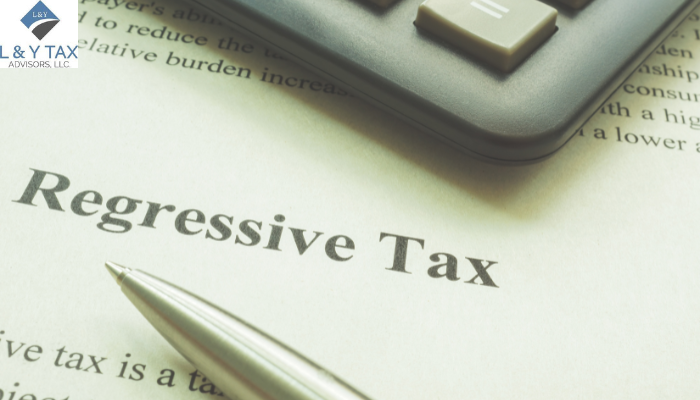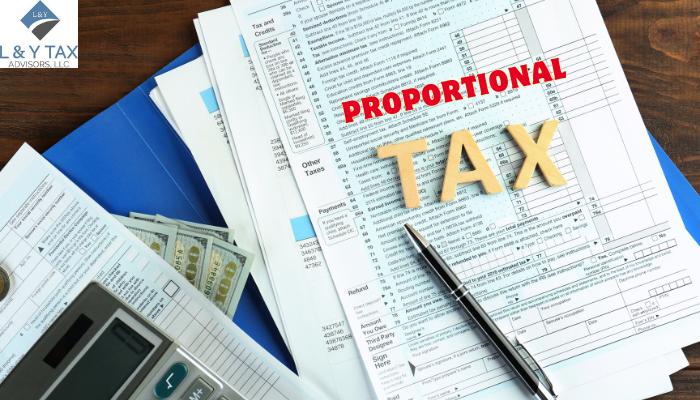
What Percentage Does a Small Business Pay in Taxes?
Navigating the maze of taxes may be daunting for any small business owner. There are several tax structures, rates, and laws that can have a substantial influence on what percentage does a small business pay in taxes.
Our tax advisor services help you understand these subtleties. It is critical since every dollar spent on taxes could be spent on preserving and developing your business.
Country-Wise Variations in Small Business Taxes
Realizing what percentage does a small business pay in taxes is fundamental since state tax guidelines add complexity for states such as Wyoming, South Dakota, and Alaska, with negligible taxes.
States like California, New York, and Minnesota have greater taxes, including sales, property, and individualized taxation assessments.
Your Business Structure Matters
The form of your firm is critical in learning what percentage does a small business pay in taxes. From the perspective of the IRS, sole ownerships, organizations, restricted obligation organizations (LLCs), and companies are various elements, made sense of as follows:
Sole Proprietorship
If an individual’s self-employment earnings exceed $400, they must file income tax returns.
Partnerships
People in organizations are taxed depending on their shares of the net income.
Limited Liability Companies (LLCs)
LLCs are taxed in various ways, with multi-member LLCs being taxed similarly to partnerships.
Corporations
Separate legal entities liable to federal income taxes on net earnings, now levied at a flat 21% rate.
Other Types of Taxes for Startups
Small company taxes go beyond income taxes. The fiscal landscape also includes self-employment tax, payroll tax, capital gains tax, property tax, and dividend tax. Setting aside around 30% of after-tax income is recommended to meet federal and state taxes, given the combination of income and self-employment taxes.
Here’s a breakdown of these extra taxes:
Payroll Tax
Employers are required to compute and set away FICA taxes, make payments to the IRS based on employee payroll, and report quarterly.
Self-employment Tax
Self-employed persons are responsible for all FICA taxes, including Social Security and Medicare.
Capital Gains Tax
When your business ventures develop or acquire from selling business resources, you should profit from the capital gains tax. Capital gains are taxed by differentiating resource’s obtaining and marketing costs.
Property Tax
It is levied on actual property—land or buildings—owned by your company. Local bodies assess and collect these taxes intended for local purposes.
Dividend Tax
A tax levied on a part of a company’s profits distributed to shareholders based on the time and ownership structure of the investment.
The Bottom Line
Small firms face a complex tax landscape impacted by geography, corporate structure, and income streams. Seeking advice from our best tax consultant Houston is prudent for successfully navigating this terrain.
Understanding what percentage does a small business pay in taxes not only assures compliance, but also equips small business owners to improve financial plans, channel resources effectively, and fuel long-term success. Mastering the art of tax management is a necessary step on the path to entrepreneurial success.


